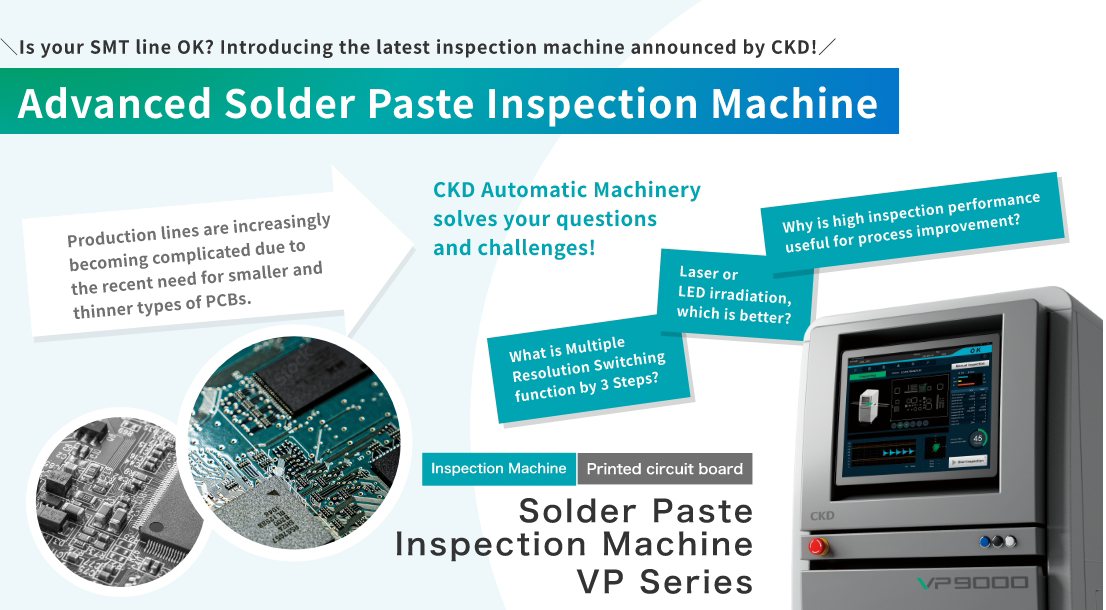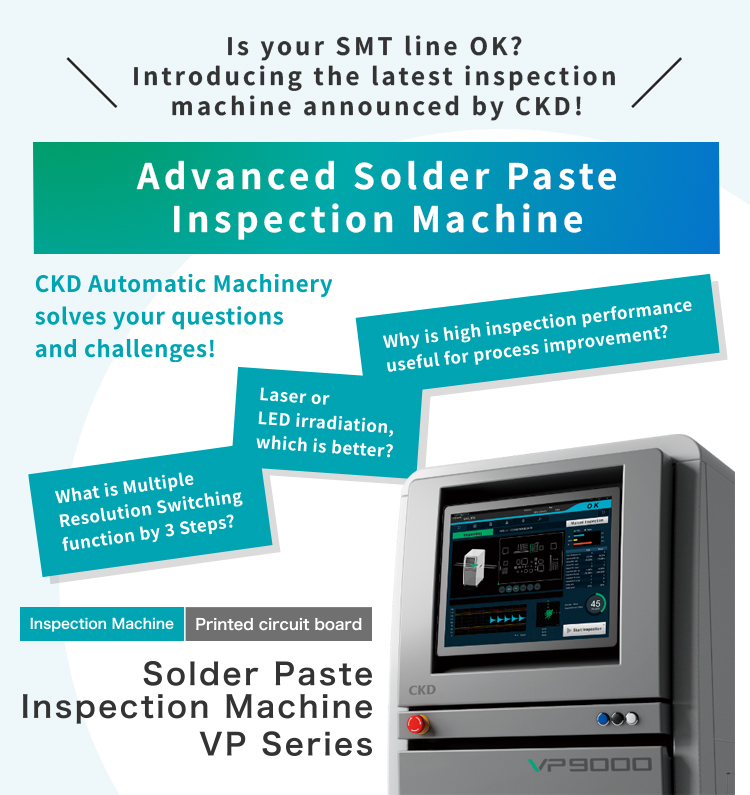Why are CKD’s inspection machines chosen?
It is not only with high speed and high precision,
but also the inspection machine which maximizes process improvement
In other words, it’s a machine that maximizes production and minimizes costs.
01. Why is it with high speed?
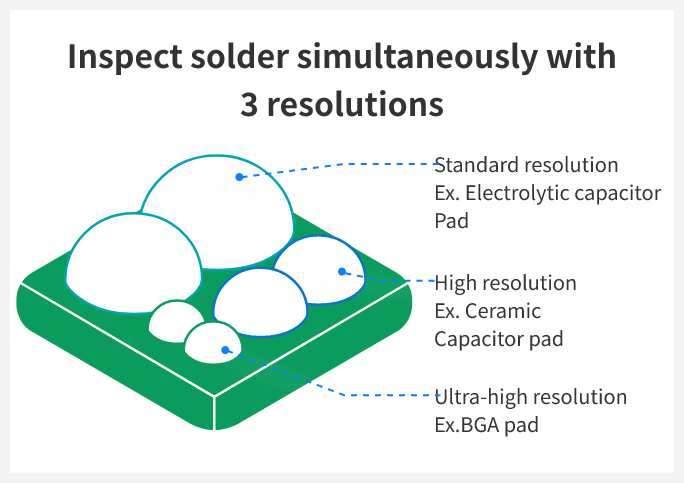
-
Three-step multi-disassembly switching function. Three types of inspection resolution are available for solder inspection. Multiple switching is available in one inspection.
Three inspection resolutions are provided for each solder volume, allowing automatic selection of the optimal mode when required. This enables efficient operation of production lines without reducing speed while maintaining inspection accuracy.
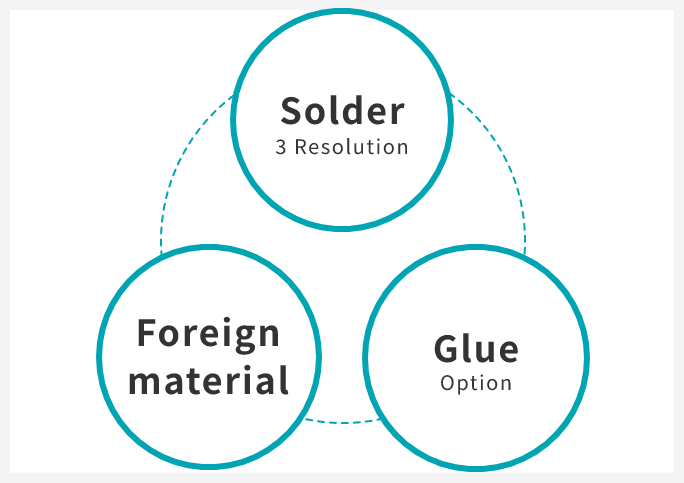
-
In addition, diverse inspection functions are equipped as multitasking on the same machine.
This product can be used not only for solder paste inspection, but also for Foreign Material inspection on the PCB and Glue inspection as an option on just this one unit. By eliminating the need to prepare inspection machines for each inspection target, capital investment costs are reduced, and limited installation space is effectively utilized.
02. Why is it with high definition?
-
proprietary technology
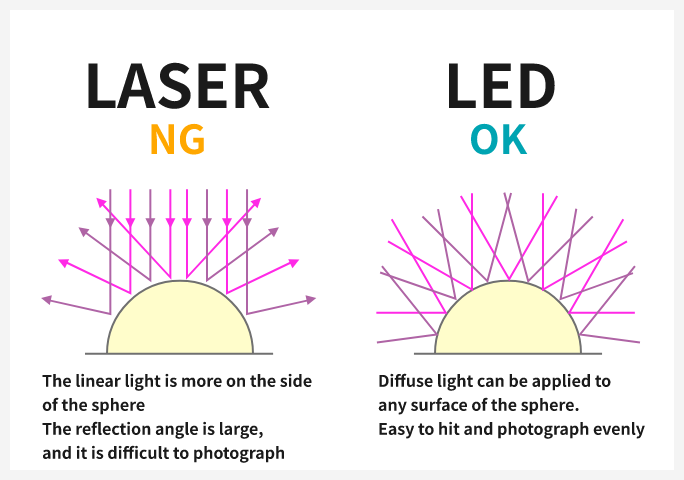
- Diffused LED light used
- Diffuse light is better than linear light, such as laser light, to capture the sphere accurately.
-
proprietary technology
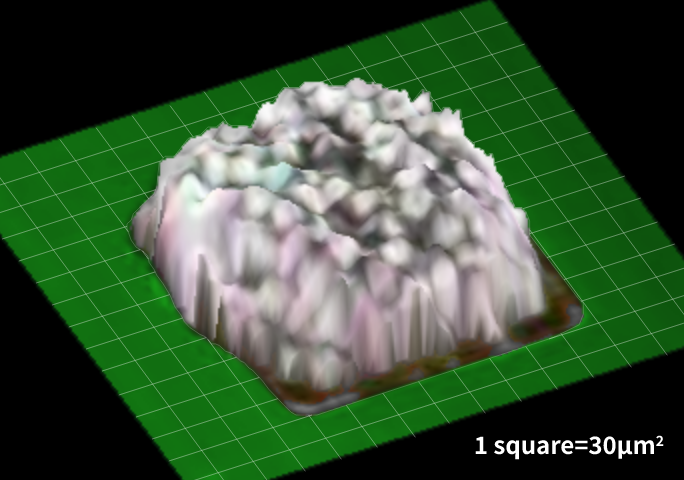
- Measuring to the grounding surface of solder and circuit board
- Solder in low-altitude areas close to the ground surface can be accurately measured with the VP Series.
-
Adoption of inspection technology focusing on solder particles
Based on the fact that the solder particles are spherical, this inspection machine adopts a “ring light” technology that utilizes diffused light and a “3D projector” that can perform 3D measurement. This enables high-precision detection of even the smallest printed state of solder. This is superior in that it provides more detailed information than other products that use straight-line light.
-
proprietary technology
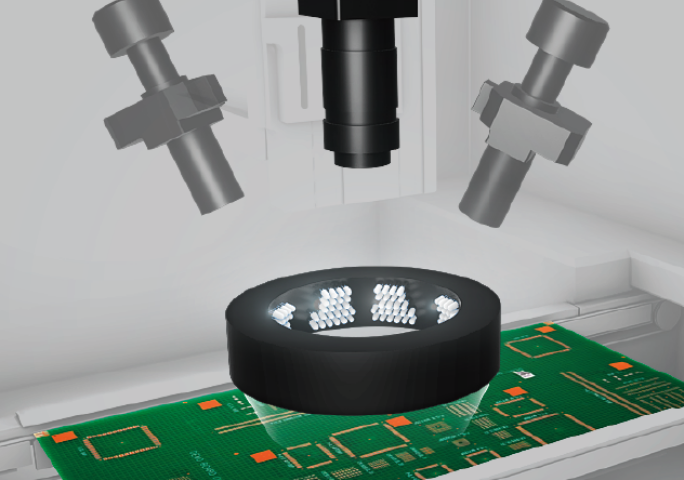
- Ring light
- CKD’s unique function irradiates diffused LED light from 360° omnidirectional to photograph only the solder to be inspected.
-
proprietary technology
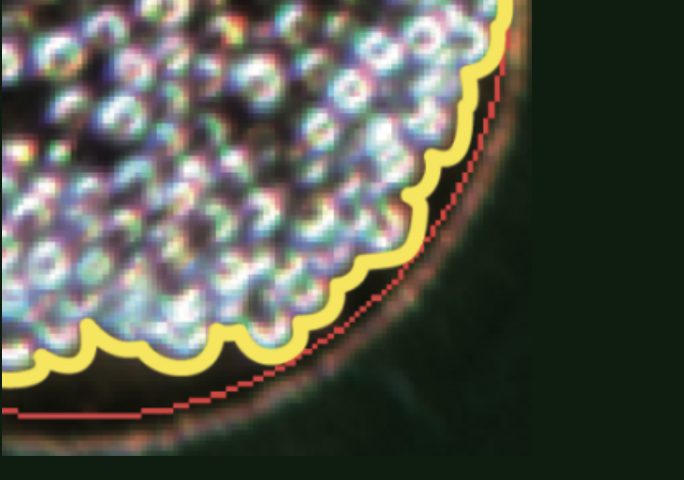
- Accurate imaging of solder contours
- It is possible to capture detailed contour images that cannot be obtained simply by applying light from all directions.
-
proprietary technology
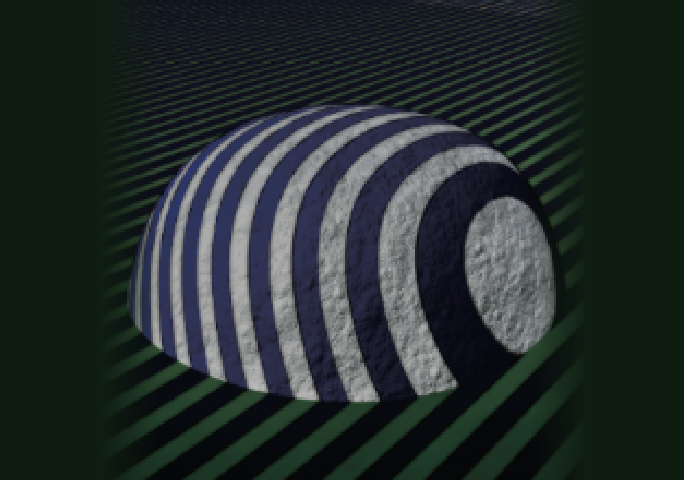
- Calculate Volume (3D Projector Processing)
- The stripe-shaped light is applied, and the volume is calculated by using the triangulation calculation for the deviation of the shadow between the substrate surface and the solder surface.
03. Why is Process Improvement maximized?
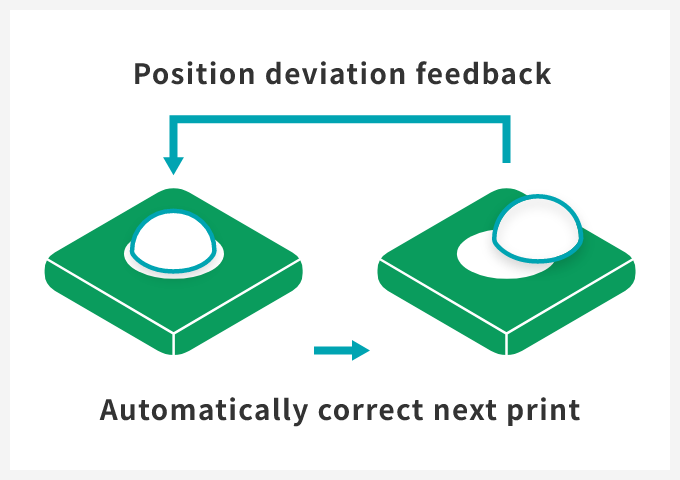
-
Automatic compensation of feedback functions
CKD’s VP Series 3D solder paste inspection machine improves efficiency and quality of production lines. This innovative product shares positional misalignment information within a predetermined tolerance to the printer, which allows the printer on the production line to automatically correct the data and greatly reduces the risk of defective products.
With feedback integration with many printer manufacturers, you can easily integrate with your existing lines.
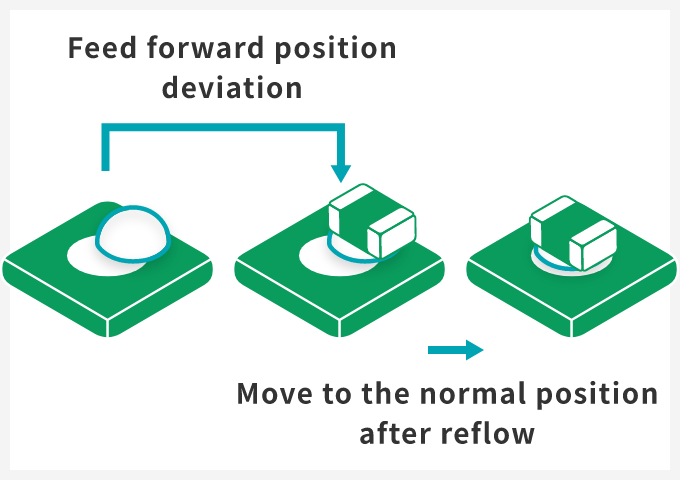
-
Automatic compensation of feed forward function
This product automatically compensates for the position of coated solder and parts by sharing the positional deviation information within the permissible range to the mounter, and greatly reduces the risk of defective products.
With the ability to work with many mounter manufacturers, they can easily integrate into your existing line.
The VP Series is customizable according to your production environment and provides powerful support for optimal production lines.
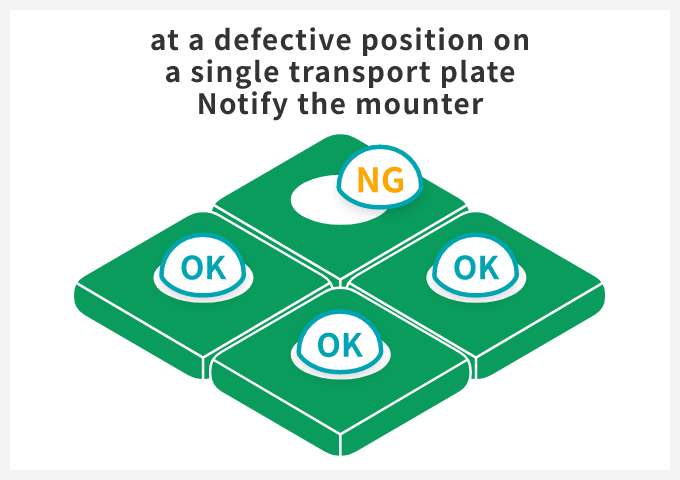
-
Bad mark coordination
This product supports systems that share a mark (bad mark) on the manufacturing line to recognize defective products and improve efficiency in processing. In the example shown in the figure, four boards are on a single transfer plate, and only one defective part is notified to the next process mounter, thereby eliminating the need to mount the parts in that part and reducing material loss.
The VP Series provides data sharing functions that can improve the quality of the entire production line in collaboration with many manufacturers’ products.
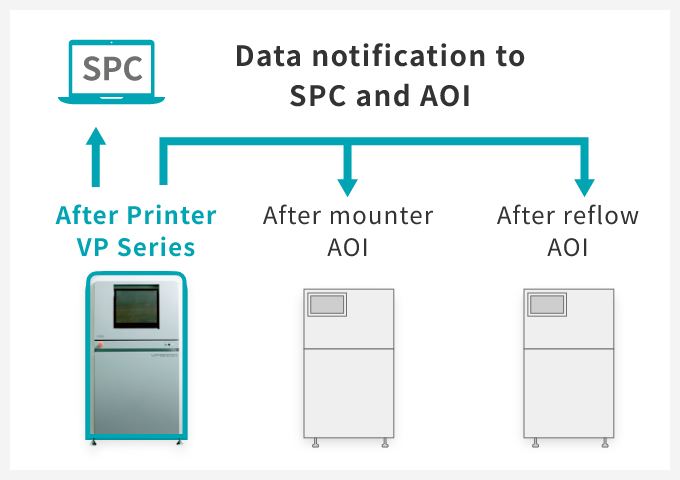
-
Data sharing and SPC statistics to help process improvement
This function realizes statistical processing that contributes to process improvement with easy operation. Includes color image storage of all the pads in real time for viewing print trends, flexible statistical data, comparison of print conditions, and automatic reporting. This allows for quick identification of solder problems and increasing production efficiency
-
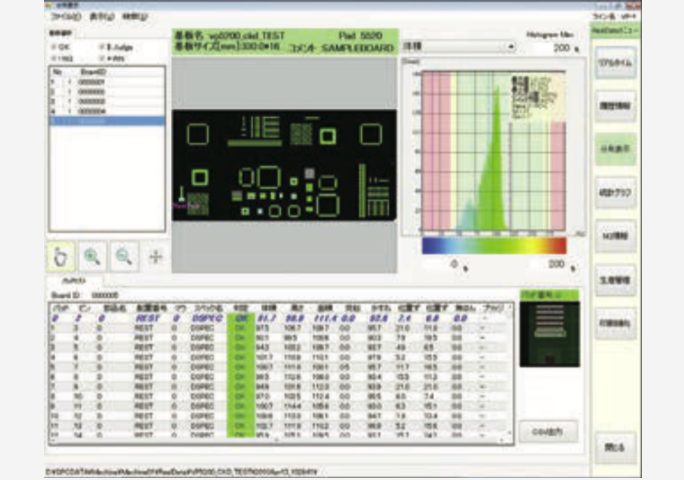
- Print trend display
- Trends in volume and displacement can be confirmed on the circuit board layout. Easily identify the opening shape that prevents solder from coming off and the area that is prone to misalignment, etc.
-
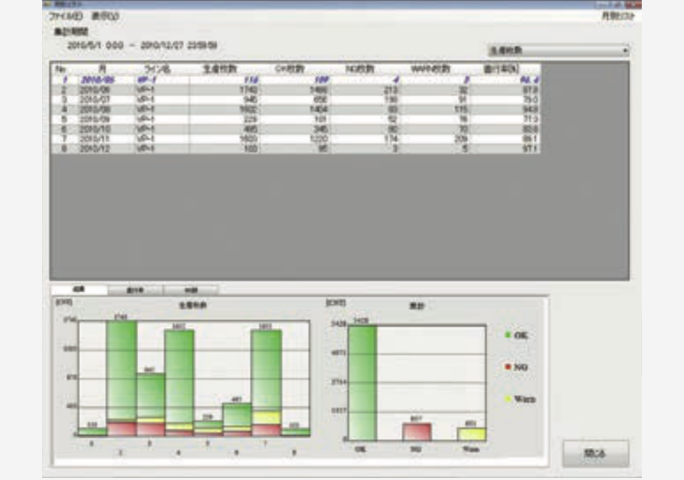
- Free statistical display
- Statistics can be displayed for any period, part, or area. For example, inspection results of the same BGA of boards produced in the same month can be grouped and graphed.
-
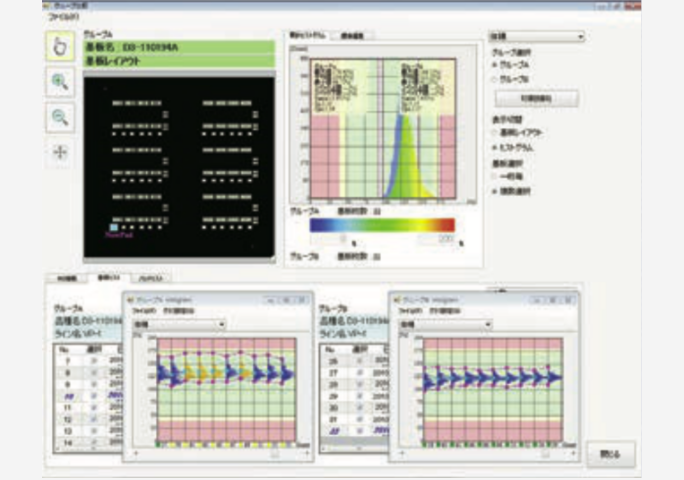
- Improved printing conditions
- You can divide them into any group and compare printing trends. It is ideal for comparison between different printing conditions and for comparison between pre- and post-cleaning printing conditions.
Production Technology Partners that
Improve Your Production Line Quality
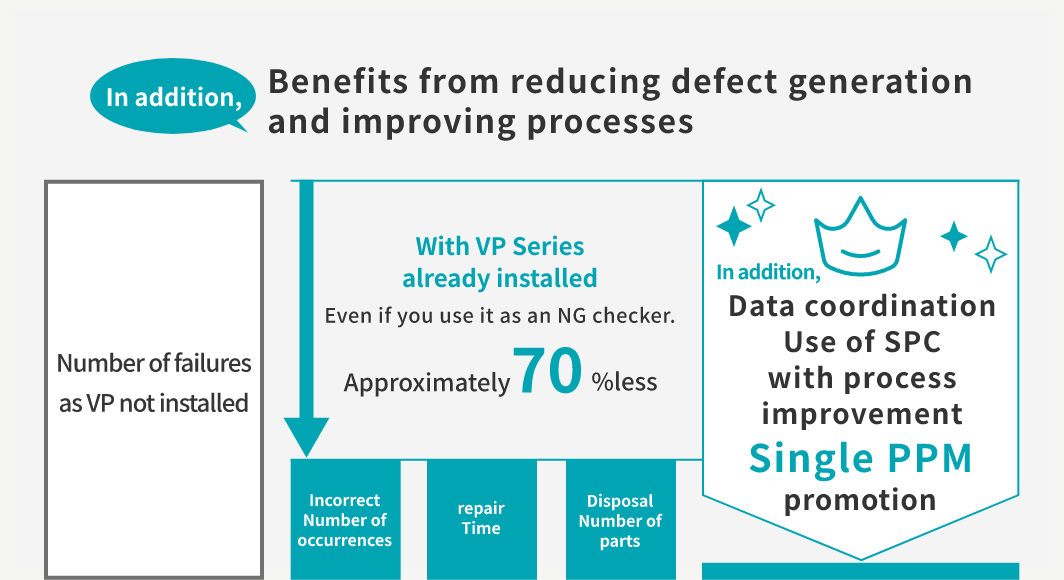 Depending on the coefficient used, the value varies.
Depending on the coefficient used, the value varies.- Addressing the 70% cause of defective products not only increases the number of good products, but also shortens production times and reduces operating costs.
CKD solder paste inspection systems identify 70% of defects in electronic circuit board manufacturing. Therefore, this means that the number of good products will be increased compared to the production line where this product has not been installed.
In addition, the time required for repair work due to defect occurrence is reduced, and the parts that should be discarded are used as good products, so the inspection machine has double and triple benefits.
In addition, process improvements on production lines can be made using the linkage data of the VP Series and SPC statistical processing information.

